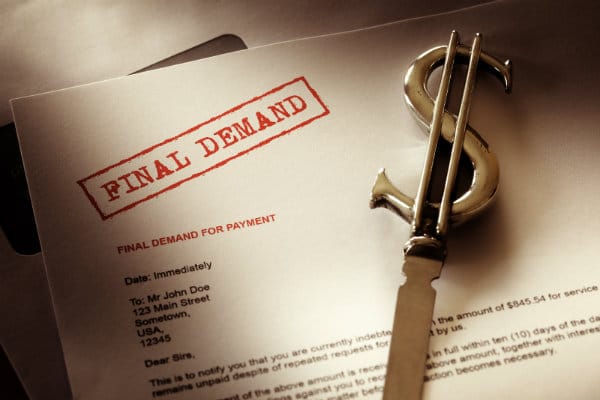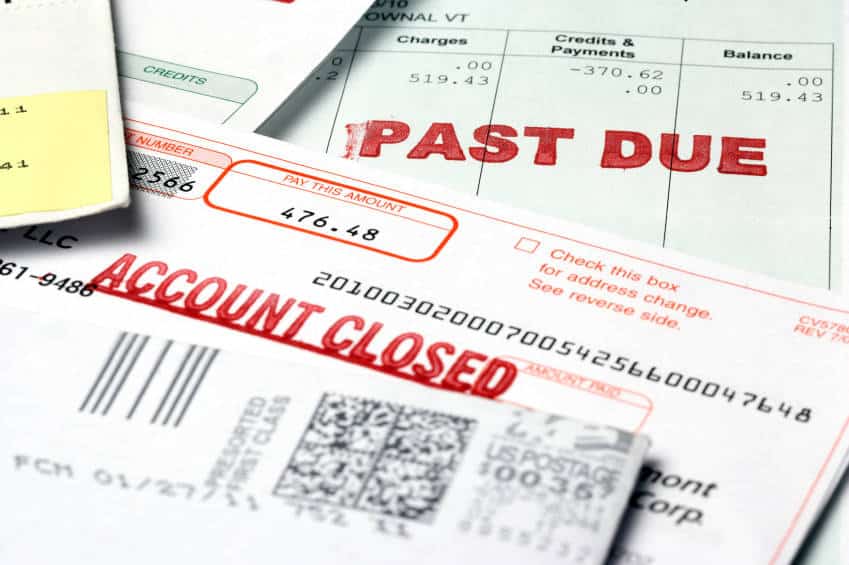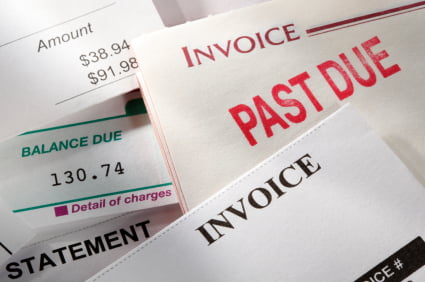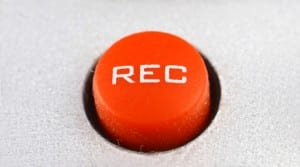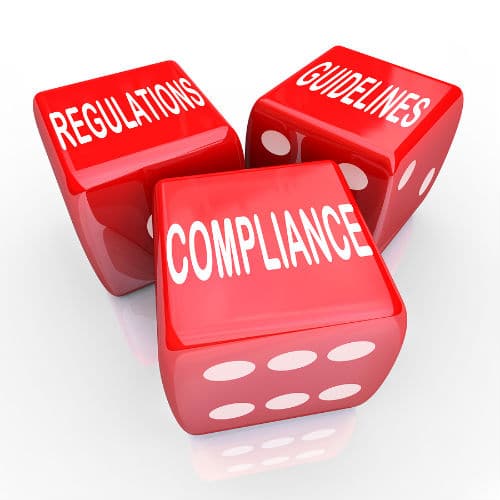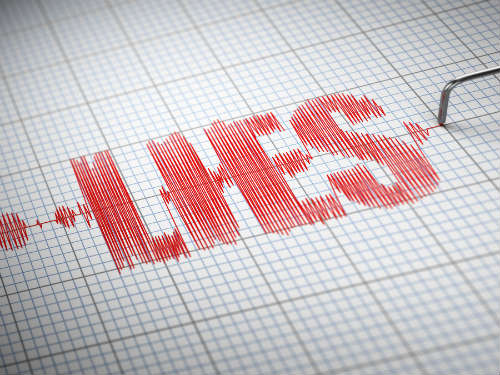How To Deal With Out of State Debt Collectors
Q: Hi, Can a debt collector that is based in and licensed in the state of Delaware, collect a debt from me in California? Also, I know California no longer requires California agencies to be licensed, however they have broken 3 possibly four of the FDCPA rules and I would like to report them, but I don’t know to […]
How To Deal With Out of State Debt Collectors Read More »

